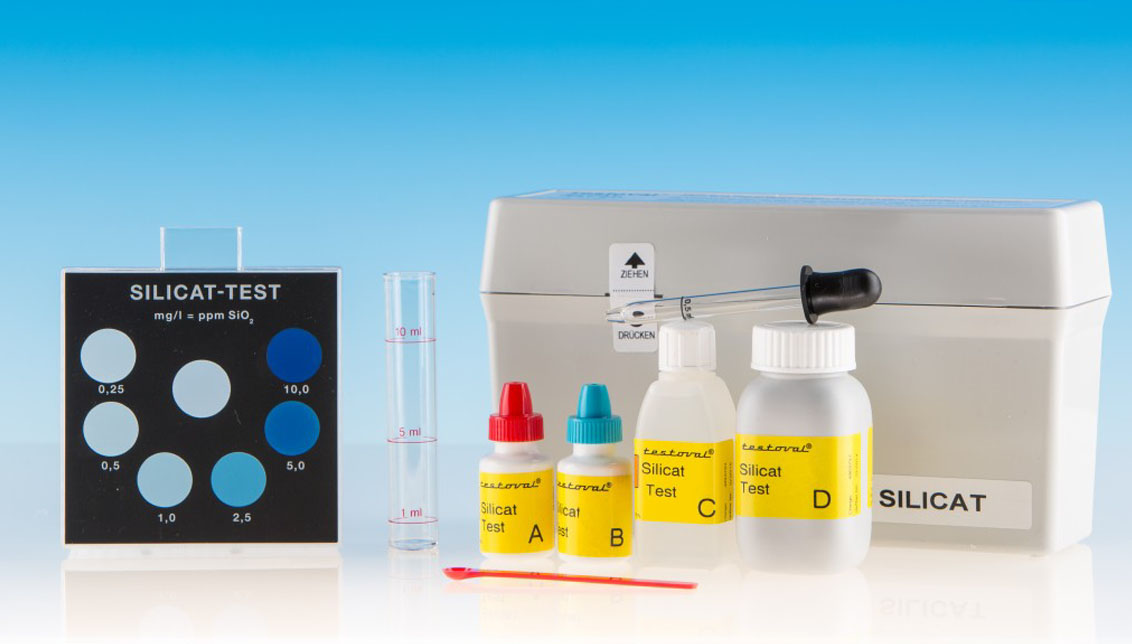The relevance of optimum water treatment for sterile goods in the field of gynaecology.
In gynaecological surgery in clinics, the availability of sterile instruments is of great importance. For operations such as :
- Hysterectomy (removal of the uterus)
- Ovarectomy (removal of the ovaries)
- Laparoscopic procedures
- Treatment of endometriosis,
instruments must be used in a sterile environment. To ensure this, the reprocessing unit for medical devices (AEMP) requires deionised process water (fully demineralised water) throughout the cleaning, disinfection and sterilisation process. The water quality is sometimes crucial to ensure safe reprocessing of the instruments. If bacteria, viruses and fungi enter the operating theatre, they can cause infections of the uterus (endometritis), ovaries (oophoritis) or abdominal cavity (peritonitis), for example. Such infections can lead to further operations and delay the patient's recovery. To minimise this risk of infection, safe instrument reprocessing with specially treated process water is necessary. Specialised water treatment plants are used for this process at the AEMP, which ensure that ultrapure water can be provided at all times. The quality of the treated water is continuously monitored to ensure that the recommended limit values for all parameters are adhered to. Continuous monitoring of the water quality therefore makes a significant contribution to reducing the risk of infection for patients and ensures safe and effective reprocessing of medical instruments.








